
Although mumps has been vastly eliminated through routine vaccination, several hundred cases are still seen annually in the United States.

Although mumps has been vastly eliminated through routine vaccination, several hundred cases are still seen annually in the United States.
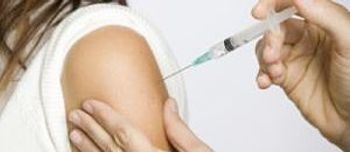
Pharmacists should watch for signs of keratitis after administering the varicella vaccine for chickenpox and shingles.

Colds pose an economic strain on society each year in the form of missed days at work or school and medical attention.

CVS Health is offering Meningitis B vaccines to people living in Santa Clara County, California, in response to confirmed cases of Meningitis B on the Santa Clara University campus.

Pharmacists might be surprised to learn that Pinterest is a hotbed for anti-vaccine sentiment.

Walgreens is offering vaccinations that provide protection against Meningitis B at all of its pharmacies throughout the Santa Clara area.
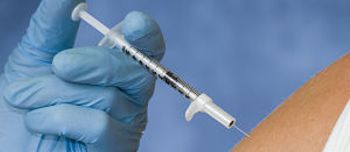
Pharmacists are essential players in preventing and stopping the spread of influenza.

The contributions that celebrities make in raising awareness for a cause can be invaluable.

The world is a better place as a result of vaccines, but we cannot force patients to receive them.

By infecting 5% to 10% of the US population each year, influenza consumes $87.1 billion.

In the United States, adult immunization rates are substandard. Opportunities exist to improve these rates trough quality performance measurement, but not without challenges.

Because patients are getting varicella vaccines, it is necessary for them to receive the zoster vaccine once they reach the appropriate age.

The Advisory Committee on Immunization Practice has released guidelines for the use of a new combined diphtheria and tetanus toxoids and acellular pertussis adsorbed and inactivated poliovirus vaccine as a booster dose.
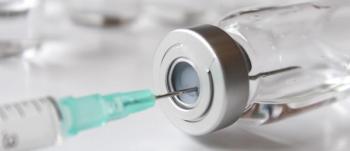
How is your pharmacy's influenza vaccine supply looking throughout this year's flu season?
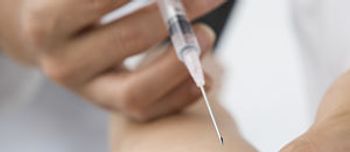
The FDA has expanded the age indication of Merck's human papillomavirus 9-valent vaccine for men.

Pneumococcal immunization recommendations have changed multiple times in previous years, but the rationale behind the new recommendations may not be clearly understood.

With flu season well under way, many pharmacy technicians have found themselves directing a myriad of flu-related questions to pharmacists.

Pharmacists have more work to do to educate patients on the importance and efficacy of flu vaccination, a new poll reveals.

The FDA has approved Novartis' Fluad, the first seasonal influenza vaccine containing an adjuvant.

From now through December 12, Rite Aid will offer discounts on select trivalent flu shots in support of National Influenza Vaccination Week.

Skipping a flu shot may put patients at greater risk for flu-related pneumonia.

The Advisory Committee on Immunization Practices recently updated the recommended interval between the 13-valeant pneumococcal conjugate vaccine and the 23-valeant pneumococcal polysaccharide vaccine in low-risk elderly patients.

In the health-system setting, pharmacists must often prioritize their attention to treating the most acute medical condition a patient presents with; however, it is important to also consider opportunities to prevent disease.
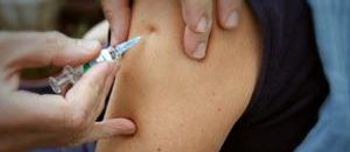
Touro College of Pharmacy students recently participated in the school's third annual Operation Immunization.

Global biotherapeutics leader CSL Limited has announced that its influenza vaccines business will begin operating under the brand Seqirus.